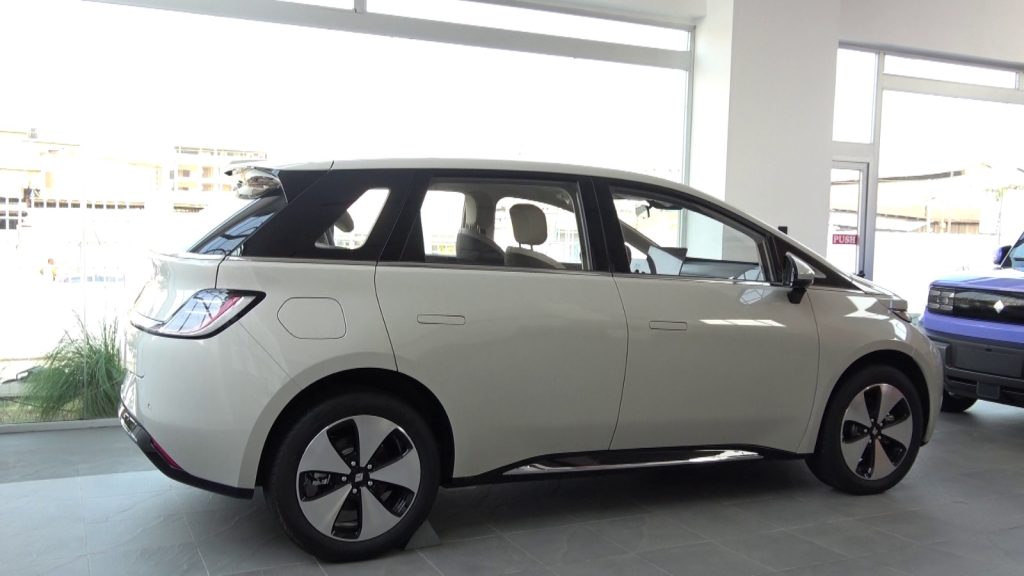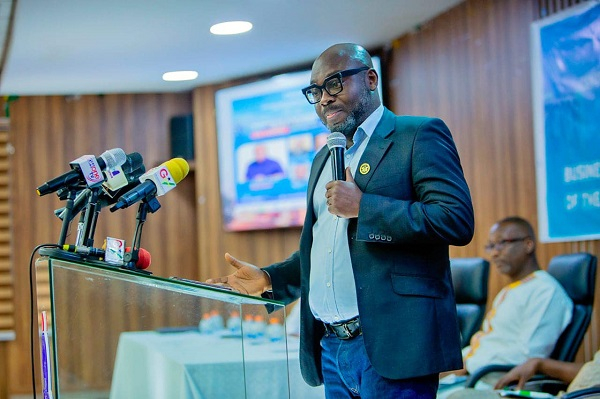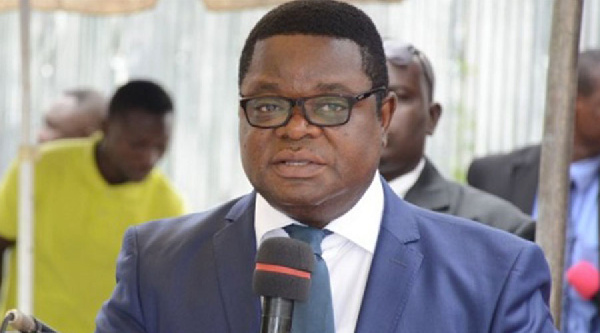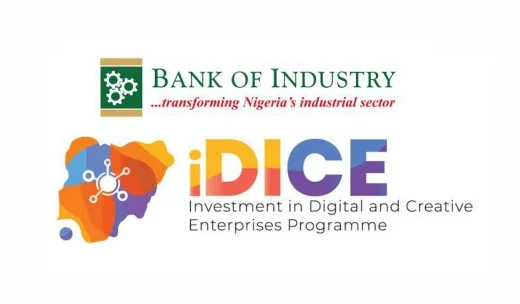24-Hour economy: Policy gains momentum as businesses adapt to extended operations
President John Mahama’s proposed 24-hour economy policy gaining traction with businesses already making strategic moves to align with the vision.
The policy, which seeks to break away from the traditional 9-to-5 work structure, is driving companies to explore shift systems, expand operations, and rethink service delivery models—all in anticipation of a more dynamic business environment.
Among the early adopters is Universal Motors Limited, a major automobile dealer that has begun piloting an additional shift system.
The company sees this as an opportunity to enhance customer satisfaction by extending service hours.
Chief Executive Officer of Universal Motors Limited Subhi Accad in an interview with Citi Business News indicated that management believes that if the pilot proves successful, it could lead to increased employment as more workers would be needed to sustain the extended operational hours.

“So far the feedback has been positive. Our operations run in two shifts. The first is from 8am – 5pm. The second is from 12pm – 9pm. Security is always a concern but we have implemented robust measures to ensure safety and provide transportation to a central location to staff working late hours.
“Although operational cost such as electricity and transport has increased, we remain optimistic that this initiative will yield higher returns. By being the first to implement it and the only automobile company offering this level of service, we hope it will set us apart in the market,” he remarked.
While some businesses are testing the waters, others that already operate 24 hours are highlighting critical challenges. DSTRKT 24 restaurant which has been running on a round-the-clock model is stressing the need for government-backed policies, calling for enhanced security and tax waivers to ease operational costs.
One of the supervisors of the restaurant, Bismark Adams says for such businesses, sustaining profitability in a 24-hour economy will depend on a supportive policy framework that addresses challenges.

“We need support because it is not easy for someone to be having like 500 employers in Ghana. If any support will come, we will be very grateful. At least if they can put in some efforts financially, we will be grateful. There are a lot of challenges. The gas and light is on 24/7 so if any support comes in, we will appreciate,” he stated.
Beyond the private sector, government agencies are also taking steps to align with the 24-hour economy vision.
The Driver and Vehicle Licensing Authority (DVLA) has indicated its willingness to transition to 24-hour service delivery.
Acting Chief Executive Officer of the Driver and Vehicle Licensing Authority (DVLA), Julius Neequaye Kotey, mentions that if fully implemented, this could significantly reduce bottlenecks at its offices, improving efficiency for businesses and individuals alike.

“When you want to do license registration or reregistration, what prevents you from coming to do it in the evening? Is it that we need extra light? What do you need? We have all the project over the and available. We will just activate it and we will start. The 24 hour economy in DVLA will start with the Okada registration as soon as possible,” he noted.









